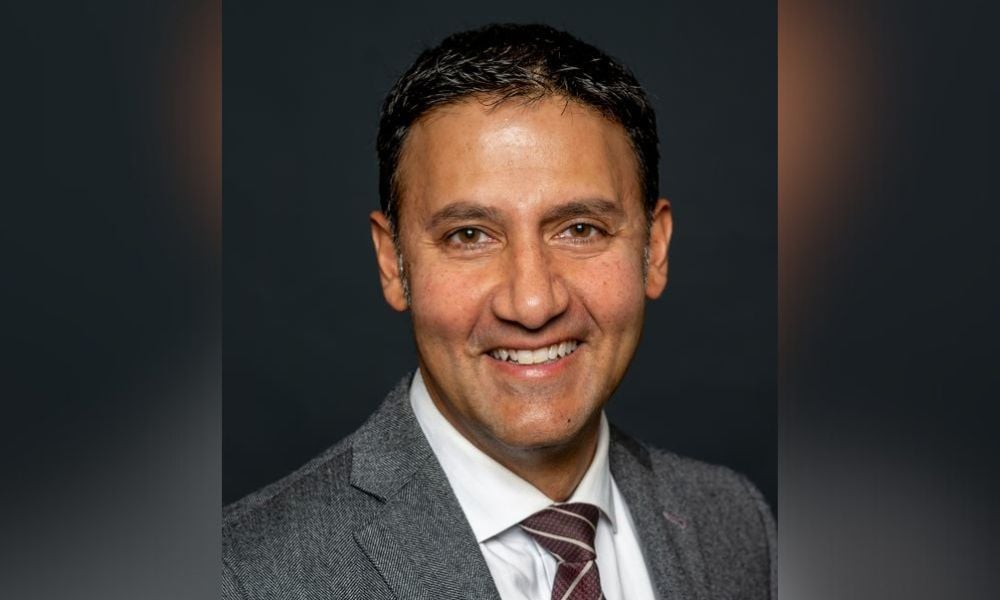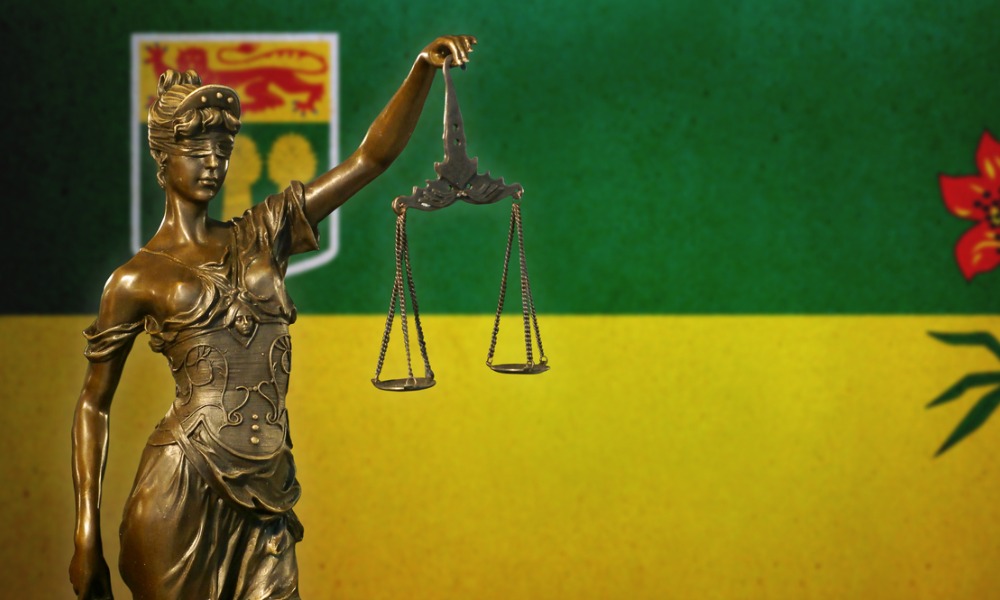The government of Canada’s legal agent program — wherein you’re a lawyer or law firm and do work for the federal government — clearly states that all service providers must have workplace equity programs in place.
“It is also the policy of the Department of Justice to encourage respect for, commitment to, and implementation of the principles of employment equity by lawyers and law firms appointed as agents of the Attorney General of Canada. To this end, agents must, as a condition of their appointment, comply with the requirements set out in this policy,” states the government’s workplace equity policy for legal agents.
It would seem pretty cut and dried that law firms paid to do legal work by the federal government would have to abide by the policy as it states: “This policy applies to lawyers and law firms in Canada appointed as agents of the Attorney General of Canada.”
But in reality, it’s not clear, or rather what’s not clear is whether law firms are adhering to the policy.
The policy has two levels; one for law firms with 20 or fewer lawyers and a more comprehensive one for those with more than 21 lawyers.
For smaller firms, these are the criteria:
• “to make a commitment in writing to respect the workplace equity principles set out above;
• to communicate their commitment to all staff within the law firm; and,
• to report on the representation of designated group members among lawyers within the firm at the request of
the Department of Justice.”
The larger firms must also “have and implement a workplace equity policy and action plan” that meets Justice’s criteria; and “collect and record information on the representation and employment status of designated group members within the firm in terms of hiring, promotion, and termination in relation to other employees, and on the measures taken by the firm to achieve workplace equity goals.”
The reality is, however, that most law firms don’t seem to be aware that they have agreed to this as standing agents of the Crown — even though the policy has been in place since 1996.
Canadian Lawyer contacted many of the outside counsel that received the most money for their work for the federal government in 2008 (See Law Times article from June 29, 2009). The firms at the top of that list include Lenczner Slaght Royce Smith Griffin LLP in Toronto, Calgary-based Macleod Dixon LLP, Lang Michener LLP’s Ottawa office, and Calgary’s Code Hunter LLP. None of them, including the larger firms lower down on the list, collected statistics on visible or sexual minorities, aboriginal people, or lawyers with disabilities.
A few said they had written diversity policies, but the majority did not have equity policies of any kind. Of those with policies, a handful had programs aimed at women but nothing regarding equity in a broader sense.
In conducting research for Canadian Lawyer’s special report on diversity, it became clear that most law firms did not think the federal government’s equity policies even applied to legal agents.
The government itself is not doing much to change that commonly held belief.
According to Karen Beasleigh, program officer with Justice Canada’s litigation practice management centre, they “have not routinely requested” equity information from law firms and therefore the government does not have any diversity statistics from its legal agents.
When firms sign on as legal agents, they agree to the employment equity policy but Beasleigh says essentially the DoJ has “relied on the integrity of firms to comply” with it.
In other words, the DoJ’s workplace equity policy for legal agents is Canada’s own version of “don’t ask, don’t tell.”
So far, that system doesn’t seem to be working to encourage commitment to the equity policies the government espouses.
With files from Demetra Dimokopoulos










